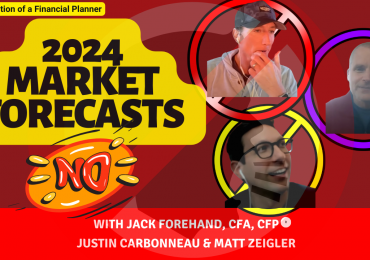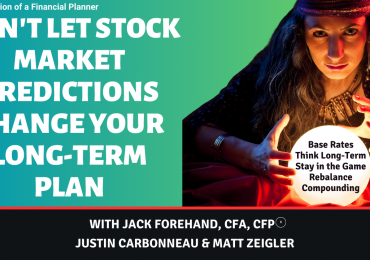Company performance and stock price performance, or outcomes, don’t always go hand and hand. In a very good article, Morgan Housel, economics and finance columnist for The Motley Fool, points out that predicting the future for stocks is harder than most people think. The performance of stocks are a function of future fundamentals (i.e. earnings and growth), but also “by performance within the context of expectations”. As Housel points out, one may actually predict future performance but predicting the “outcome” of that performance requires one to judge whether or not “current expectations are reasonable” and “what will future expectations be.”
Judging current expectations might be achievable, says Housel, although that is even difficult, but in most cases investors side with what is taking place in the here and now (i.e. the consensus view) in the market. He quotes Howard Marks to drive home this point, “The problem is that extraordinary performance comes only from correct nonconsensual forecasts, but nonconsensual forecasts are hard to make, hard to make correctly, and hard to act on.”
On the second point, forecasting future expectations, Housel says this is even harder because you have to be able to predict correctly what the mindset and attitude of investors will be at that point in the future. Trying to know how investors will be feeling five years from now seems impossible, and even then investors could be worried or concerned about what the market faces five years from then.
Housel ends by saying, “But the more precise we try to forecast, the more we rely on predicting emotions and expectations. In a world where analysts focus most of their time analyzing performance – what earnings will do, or what the economy will do – and it’s no wonder we struggle to predict outcomes.”








